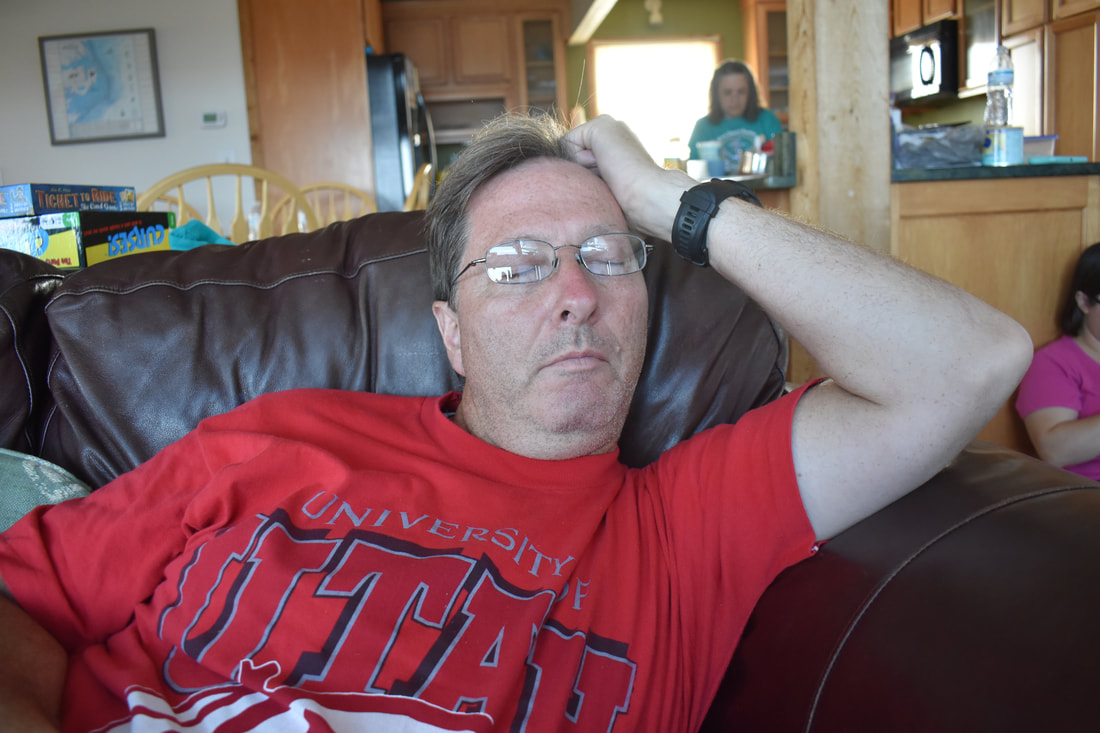Not all ‘unintendeds’ are ‘consequences’. That’s why I will stay away as much as possible from the moniker of ‘unintended consequences’. I’m sure in this new blog thread many of the stories will speak to such consequences, but there are also other unintended areas. For example, in the world of technology where I butter my bread, there are also often unintended uses that result from user experimentation. I supposed one could argue that’s a consequence, but I think of a consequence as an outcome, not as a ‘next step’ such as in the world of technological innovation. In that sense, targets of technology use the artifact in ways designers did not intend. That’s some fancy jargon to say ‘necessity is the mother of invention’.
Like most things I produce, this thread will be something my narcissistic side will create for myself. If someone out there is masochistic enough to follow along, I apologize in advance. Writing has become a sort of cheap therapy for me. If you choose to waste your time with this, think of it as me simply thinking out loud in an attempt to understand something of interest to myself. If that’s not the very definition of egocentric then I don’t know what is.
Let me start with a straight forward example. For years we lived in northern Virginia and I rode a commuter train into Washington DC for work. The train is called the Virginia Railway Express (VRE). From my stop on Brooke Road to Union Station in downtown DC the ride took about an hour. All sorts of people got on and off along the way. For example, it seemed like most riders I got to know were federal government employees of one sort or another. There were many military folks who wore uniforms. Tourists or visiting families were an obvious stand out on some days. People studying college courses of one sort or another could be identified with their books out and laptops busy doing homework. Dress ran the gamut from very casual to very formal.
I usually sat on one of the upper tier seats. You get a better view of the Potomac River from there. One day I noticed a young lady of maybe late 20s or early 30s sitting across from me in a similar seat position. After a while, she pulled out her phone and began staring at it and moving her head in the way one does while taking a selfie video. My old man eyeroll went unnoticed. My judgmental attitude was of course behind it. A few minutes later I glanced back and everything changed. My ‘get off my lawn’ brain had faded and my ‘techie’ brain engaged. She was obviously in the act of applying her makeup in preparation for the work day. Her clothing was quite professional, and everything about her seemed the opposite of my original assumption.
I am quite sure the inventors of the cellphone camera did not imagine themselves to be providing a makeup mirror when they added it to the base product. Yet, here it was. In the world of the swiss-army-knife of electronics, a tech user had managed to remove the jangling burdens piled into her purse by one more item thanks to the unintended use of the cellphone camera. Her makeup mirror has no doubt been relegated to the back of one of her bathroom drawers, and will likely never see the light of day again. A quick scan online these days produces a long list of makeup mirror apps that are downloadable to any 'smart' phone.
Maybe in a future writeup I'll try to unpack the idea of the phrase 'smart phone'. At least I may have the intention to.



 RSS Feed
RSS Feed